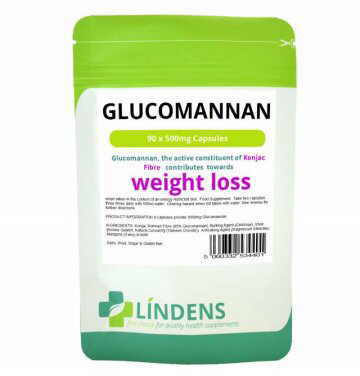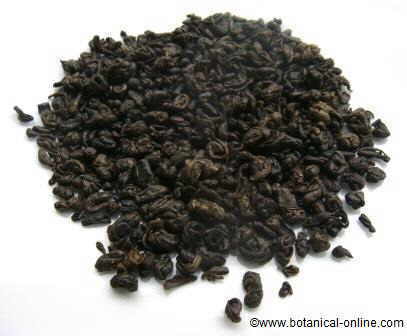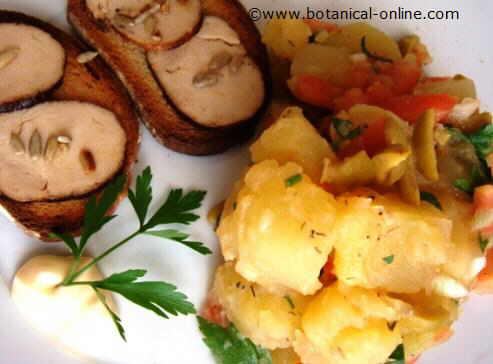Contents
Suitable and unsuitable drinks for chemotherapy
WHAT TO DRINK DURING CHEMO?
How much liquid should a person under chemoterapy drink?
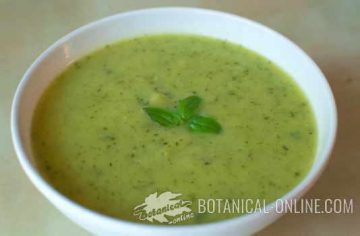
Food must be prepared to be easily digested
40ml liquid are recommended for each kilogram of real and actual weight of a patient per day. This leads to a simple calculation, that is, when a person weighs 50 kg, she/he should ingest 2000ml (2 liters) per day of liquid.
Such fluid intake during chemotherapy treatment can be difficult for some reasons such as poor appetite, early satiety, metallic taste of water and other food problems (side effects of treatment).
To avoid this problem, we must expand as much as possible the range of possibilities of liquid intake. That is, not only to ingest liquid through water consumption, but also, we can ingest it by some other foods or preparations that can be tolerated better:
- Because they have a flavor that masks the metallic sensation in the mouth of people under chemotherapy
- Because they are more sugary and appealing and, ultimately, because they are easier to take by the patients.
Some proposals to increase fluid intake during chemotherapy
For example, fruit juices, vegetable juices, vegetable broths, mild infusions as lemon balm, lemon verbena , linden,… (avoid pennyroyal mint and chamomile), vegetable drinks as rice drink, soy milk, oat drink, almond drink, horchata, etc.
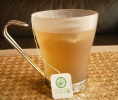
Some plant infusions can provide liquids during chemotherapy
Dietary recommendations during chemotherapy
These guidelines should be implemented from the three days before the start of chemotherapy until it finishes and symptoms of digestive discomfort have been resolved:
- Oral feeding should be prioritized whenever possible, that is to say,food ingestion through the mouth. If not possible, an enteral tube feeding can be made (food supplied through tubes directly to the digestive system) or, ultimately, parenteral feeding (nutrients are provided directly intravenously without contact with the digestive system).
- High nutrients feeding: The amounts of food and the proportion of nutrients from food must complete the required established demands. Provide high nutrient content and avoid foods that are deemed inappropriate or that do not provide any benefit, such as occasional consumption foods.
- Respect the patient’s likes: One should try to adapt as much as possible to the likes of the cancer patient, so that feeding during the period of illness would not to be a problem but just the opposite. Chemotherapy patients often have poor appetite thus, it can sometimes be difficult. If they reject some food, to be replaced by another with the same nutritional content.
- Distribute food intake throughout the day: This means providing less volume of food at each meal but eating more often. As patients do not like eating large volumes, if we divide the whole daily food intake in more small meals, they will eventually end up eating more food than compared to a smaller number of meals per day.
- An example of splitting the meals is as follows: a meal at breakfast, one at midmorning, one at noon, one for tea, one for dinner and one for supper, which forms a total of 6 meals in a day if possible, instead of the typical breakfast, lunch and dinner, which represent only 3 meals, or otherwise seen only 3 options / times of taking food during the day.
- Food should be cooked in such a way that can be easily digested: We will use cooking types, such as steam cooking, baking, papillote, microwaved (it prevents nutrients to be removed), blanched and boiled. Avoid those cooking types like, frying, sauteing, heavy stewing, breading. Because of their high temperatures, they can burn food Also, because of their difficult to digest fat and, depending on the oil used, they could also be considered of low nutritional quality. The creamlike textures are better tolerated than those that are mostly dry or hard.
- Use the proper food temperature: The foods consumed by the patient during the period of chemotherapy should be administered at room temperature, That’s to say, not too cold (refrigerator temperature, slush, ice cream…) or very hot (especially in preparations such as stocks, soups, stews,…).
- Use easily digested foods: We will also consider that there are foods that are easily digested compared with others. They will help minimize digestive symptoms caused by chemotherapy. Others are considered irritating to the digestive system and its use should be avoided, like spicy food, alcohol, coffee, etc.
- Mind foods hygiene: During chemotherapy, the defenses are decreased and the patient is weaker, so hygiene when cooking and preparing food should be more important than usual. Food should be cleaned thoroughly (especially they are going to to consumed in its raw state) well. One option that can also be helpful, is frozen raw (not prepared / cooked) food.
![]() More information on cancer and food.
More information on cancer and food.
*Related information
– Minerals and vitamins for chemotherapy
– Diet during and after chemotherapy
– How to overcome vomiting from chemotherapy



